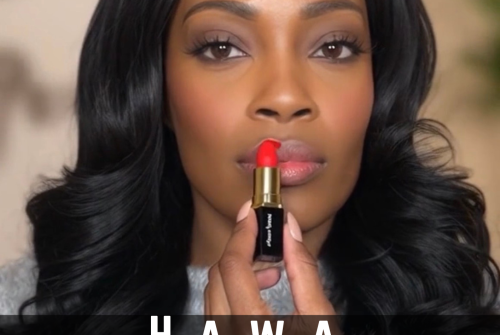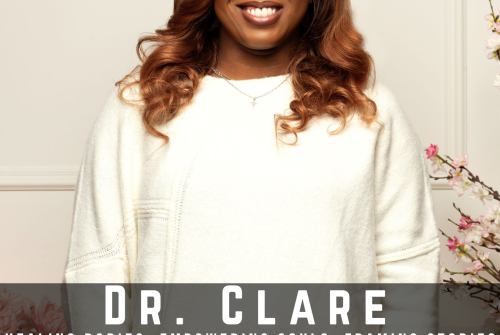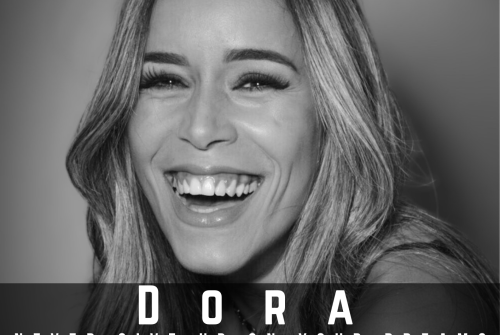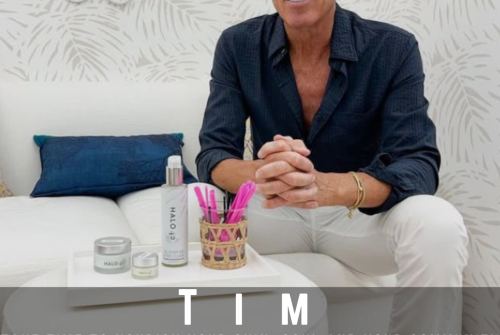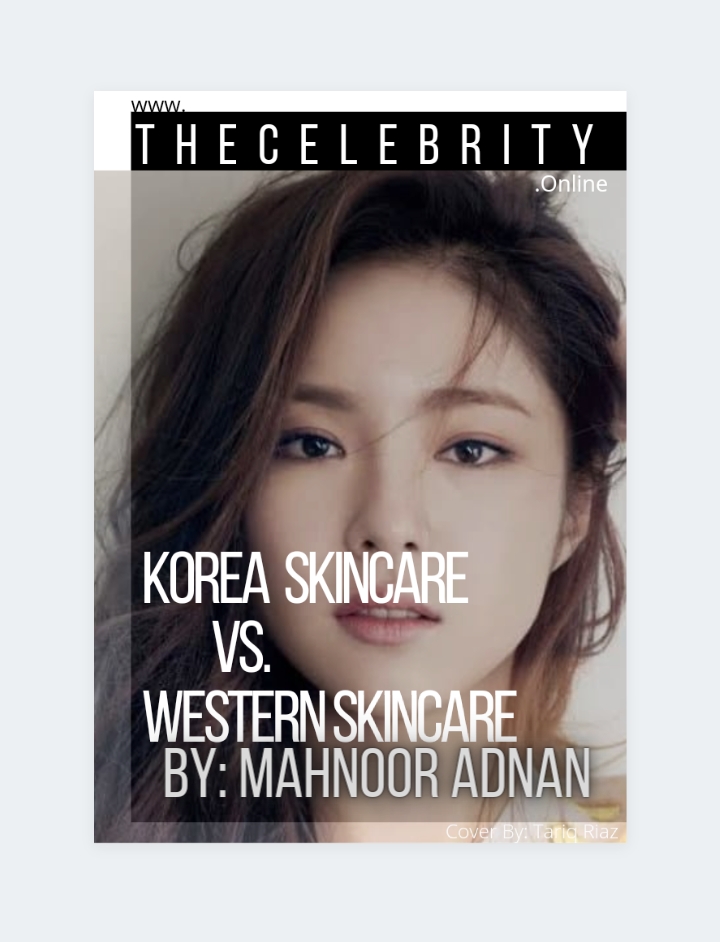
Since ancient times skincare has always been a vital part of every culture. Everybody wants to look good and attractive. Therefore, different herbs, extracts, and natural ingredients are applied to make the skin looks fresh and young.
Koreans have changed the way western societies used to look at skincare. Korean beauty is famous for its high standard of skincare products. They have organic ingredients that have a long-term effect on the skin.
What is Korean Skincare?
In a survey conducted in different countries, around 22.4 percent of surveyed stated about its positive effect on the skin.
Korean skincare is all about using natural ingredients to enhance the softness and youthfulness of the skin. They are very serious about their skincare. A standard skin routine includes 10 to 12 steps.
From a young age, kids are taught about skincare as they consider flawless skin is a sign of good mental and physical health.
Korean Skincare Vs. Western Skincare
The western skincare industry lacks research, ideology, and purpose of application. Women start taking care of their skin with the breakout of teenage acne. The high-end cosmetic companies know how desperate their teenage customers are and sell them quick fixes filled with chemicals. Such products leave the skin rough and prone to early aging. The same companies would then offer quick fixes for anti-aging.
Koreans skincare supports the prevention of damage. Their focus is not to cover the damage already done but to find ways to prevent it. Their products are highly individualized according to different skin types and seasons.
Due to its constant innovation and research-based approach in 2019, around 29.4 percent of respondents in the U.S. stated that K-beauty is very popular in their country.
Is Korean skincare much better?
When it comes to beauty and skincare, Koreans have a unique approach. They use ingredients that are good for the skin and have a long-term effect. They do not believe in quick fixes but focuses on quality over-popularity.
However, western beauty brands are more focused on short-term solutions and quick fixes. Their products are full of chemicals and harsh ingredients. Even, their so-called targeted treatment products have the same ingredients but in different packaging.
Most western women only follow CTM (cleanser, toner, moisturizer) as their skin routine. Koreans have unlimited products such as jelly cream, hydrating gels, peeling gels, sheet masks, etc.
Korean Skincare – What are the magic ingredients?
Hyaluronic acid:
Koreans believe that the youthfulness of skin mainly depends upon its moisture. Hyaluronic acid is the main ingredient in most products. It is a naturally occurring acid in the skin that retains water giving a moist and fresh feel.
Vitamins and antioxidants:
Korean products are full of vitamins and antioxidants. Their targeted treatment products have vitamins that aim to vanish different skin problems.
How are they different skin routines?
In Korean culture, makeup takes a backseat to skincare. Koreans focus on preparing the skin as a flawless blank canvas for makeup. They believe in the natural glow and no-makeup look. The western world prefers a toned and contoured caked-up look.
The number of skincare steps:
Western skincare has cleansers, toners, moisturizers, and once-a-week exfoliation. Koreans have a 10 to 15 steps skincare routine like multiple cleansers, toner, sheet mask, essence, and serum.
Difference of focus:
In the USA and other western countries, people use high-end luxury skincare products. Customers have brand loyalty. They stick to the same products even if it stops giving the desired results.
Women are more focused on brand names and prices. They like to spend a lot of money on expensive products just for the sake of popularity. Koreans use cost-effective products. Their focus is efficiency and affordability.
Cleansing routine:
Instead of one for all skin types cleanser, Koreans believe in double-cleansing. They first cleanse their face with an oil-based cleanser to remove any oil-based impurities and later cleanse their face with a foam-based cleanser to remove water-based impurities.
Different views about exfoliation:
Western beauty experts commonly use textured/beaded scrubs for once a week deep exfoliation. However, Koreans believe in daily exfoliation with a gentle peel-off mask.
Inclusion of essence:
Americans and other countries were not much aware of essences until the Korean beauty breakthrough. They are a must-have in the Korean skincare routine. It is a water-based, easily absorbed serum-like solution that retains the moisture of the skin.
Different face masks:
In both industries face mask is a vital part of the skincare routine. Its application and focus are different. Most face masks targets impurities, blackheads, and whiteheads. They do have chemicals and sometimes can be harsh for the skin.
Korean sheet masks are gentle on the skin. They are full of skin-friendly ingredients that provide radiance and a natural glow.
Eye Creams:
Constant negligence and lack of proper sleep leave our eyes with multiple skin problems. The high-end luxury products only work to vanish the damaged part of the eye area.
They do not focus on healing the skin. Most eye creams only target tired, puffy eyes and dark circles.
Koreans have created eye creams based on research. They know how sensitive the eye area is and how much care it requires. They mainly focus on taking care of the eye area and providing it with essential vitamins and minerals.
Sunscreens:
Sunscreen is still non-existent in the western skincare routine but Koreans are very much serious about it. They have sunscreens for indoors, outdoors, and all skin types. They even include sunscreens in their makeup products.
The Korean skincare industry is constantly evolving. The main reason for its sudden success is research and ideology. Western women are rapidly switching to Korean skin products due to their natural, organic ingredients and cost-effectiveness.


